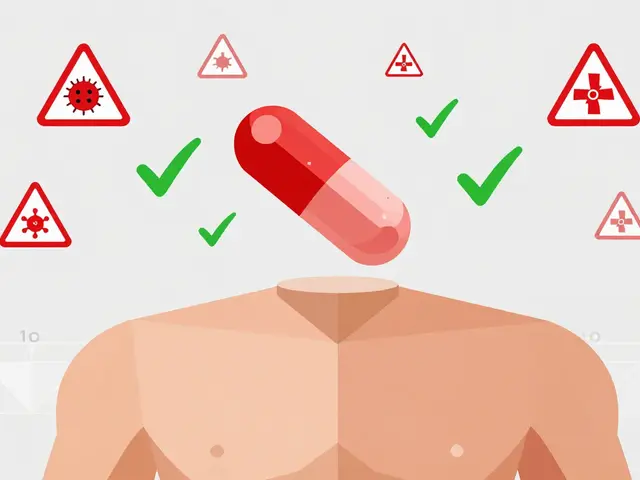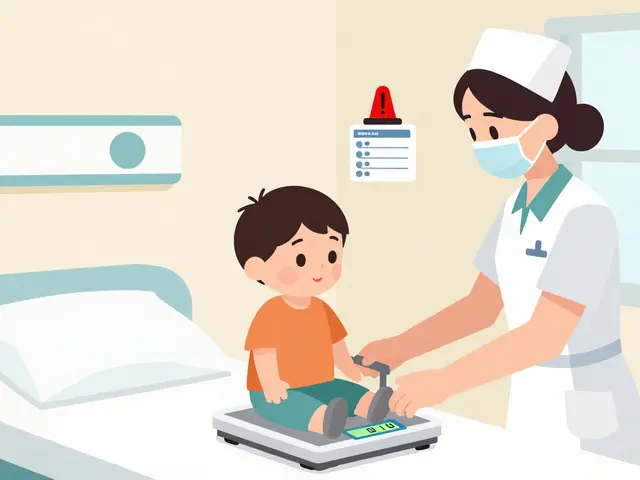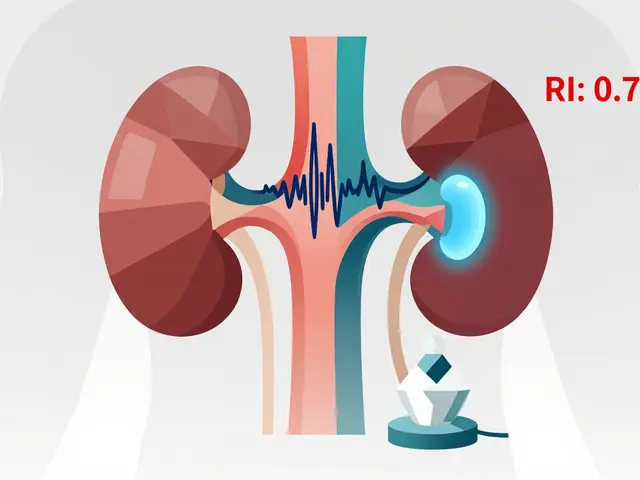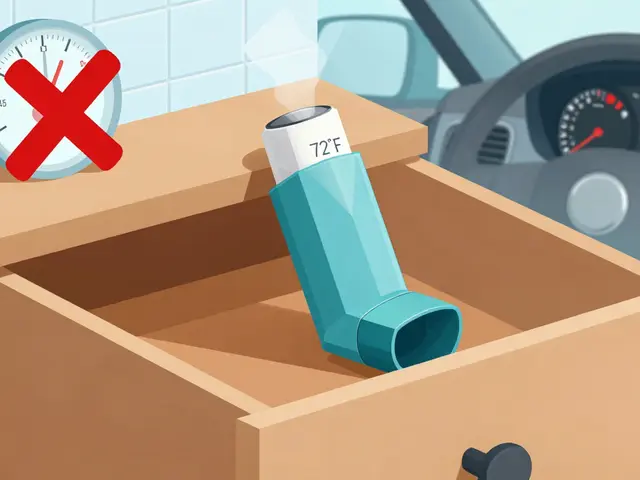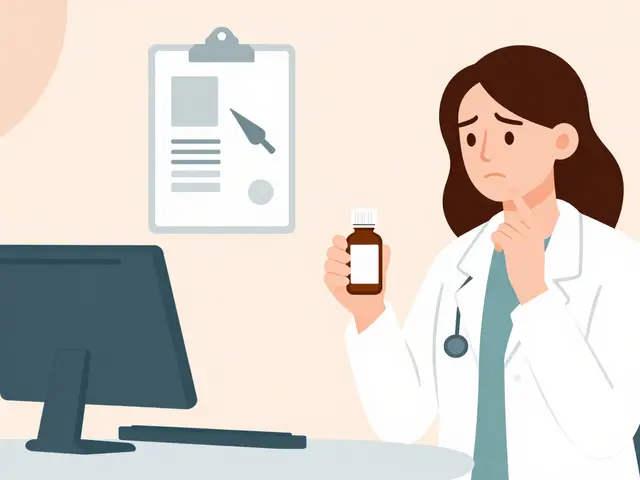Pollution: What it does to your health and simple ways to protect yourself
Air pollution is more than dirty skies — short spikes can trigger asthma attacks, worsen COPD, and even raise short-term heart risk. This tag collects practical reads and local reports so you can spot dangers, act fast, and keep medicines working when air gets bad.
Who’s most affected? Kids, older adults, people with asthma or COPD, pregnant people, and anyone with heart disease. Outdoor smog, wildfire smoke, industrial fumes, and even heavy traffic can make breathing harder and increase infections. If you use inhalers or other respiratory meds, pollution often means you’ll need them more often.
Signs pollution is hitting you: tighter chest, new or worse cough, wheezing, unusual tiredness, headaches, sore throat, or more allergies. If you notice rapid breathing, blue lips, confusion, or fainting, get medical help right away.
Quick ways to lower your exposure
Check the Air Quality Index (AQI) before outdoor plans. When AQI is unhealthy, skip long runs and heavy outdoor work. Use an N95 or KN95 mask for short outdoor trips when pollution or smoke is bad — cloth masks don’t stop fine particles. Keep car windows closed and set ventilation to recirculate when driving through polluted areas.
At home, run a HEPA air purifier in the main living room or bedroom. Close windows on bad-air days and use exhaust fans when cooking. Cut indoor particle sources: avoid burning candles, incense, or wood. Change HVAC and portable filter cartridges as recommended.
What to do if pollution affects your health
If you have asthma or COPD, stick to your action plan: use prescribed rescue inhalers and take controller meds as directed. Talk to your doctor about temporary step-up plans during high-pollution events. Keep quick contacts handy, refill critical meds early, and carry your inhaler when air quality is poor.
For new or worsening symptoms, call your clinic. Emergency care is needed for severe breathing trouble, fainting, or chest pain. Don’t wait to see if it improves — pollution-related attacks can escalate fast.
Want more on how pollution interacts with specific medicines and conditions? We’ve grouped posts that matter: inhaler comparisons like Breztri vs competitors, Anoro alternatives, and real-world guides on COPD devices. There’s also local reporting — for example, the piece about schools closing in Ganderbal shows how pollution and local disputes can disrupt community health.
Small steps add up. Watch the AQI, protect indoor air, keep meds ready, and reach out to your healthcare team when things worsen. If you want, browse the tagged articles here to find device reviews, medication tips, and local stories that relate to pollution and health.
Doxepin is a common antidepressant, but making it isn't as clean as many people think. The process can leave behind chemical waste, pollute water, and contribute to greenhouse gas emissions. Understanding the impacts helps people make smarter choices about medication use and disposal. This article breaks down where the problems show up and what can be done to lower the footprint. There's more going on behind the scenes of that little pill than most imagine.
Continue reading...


